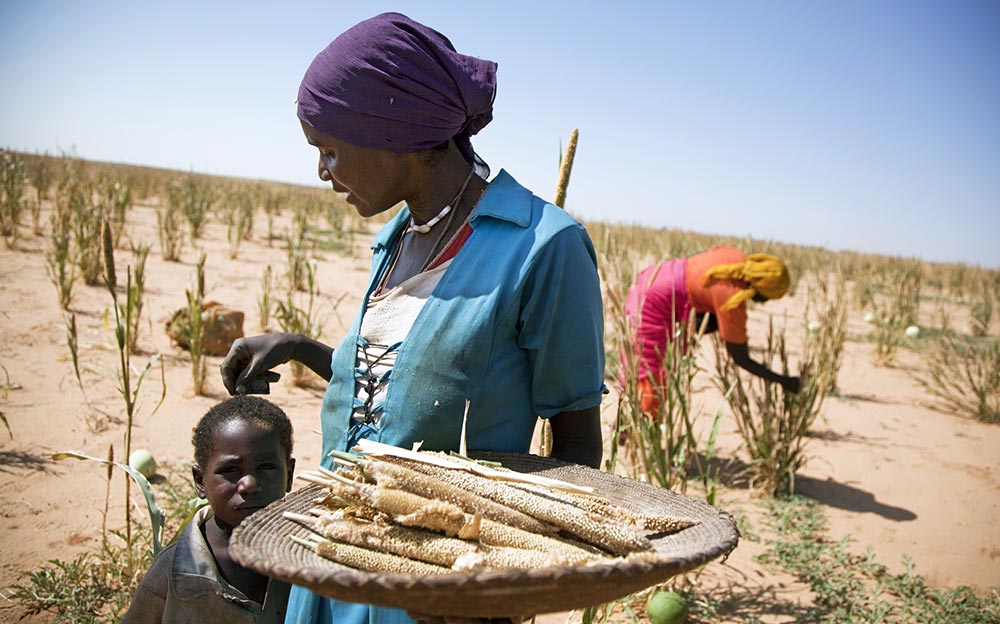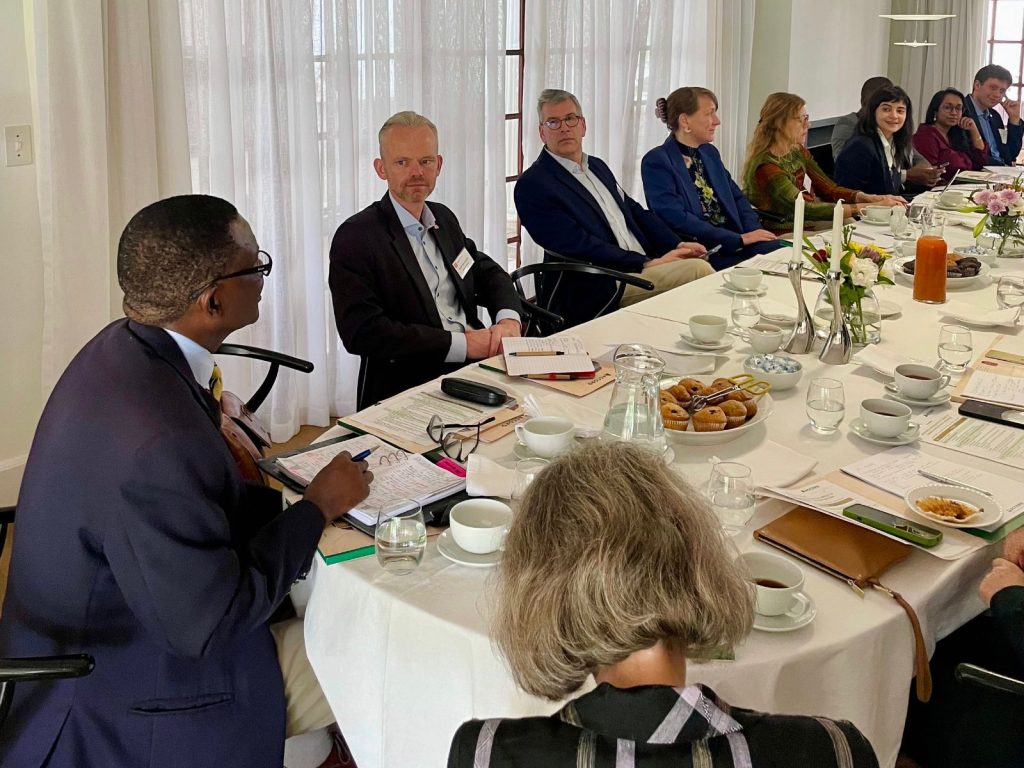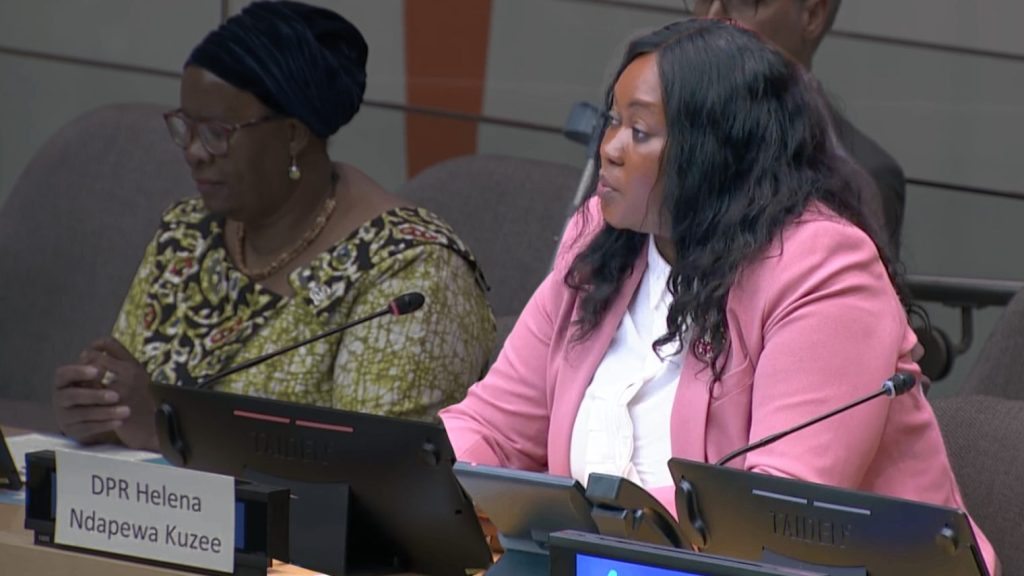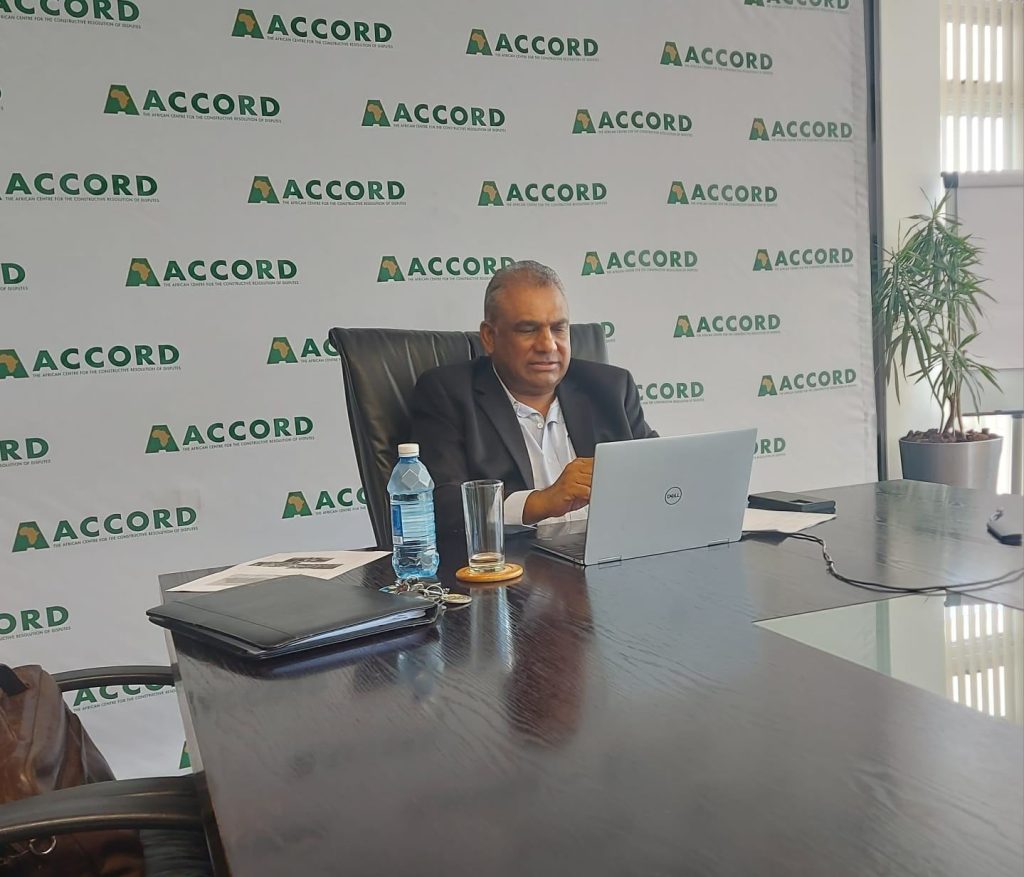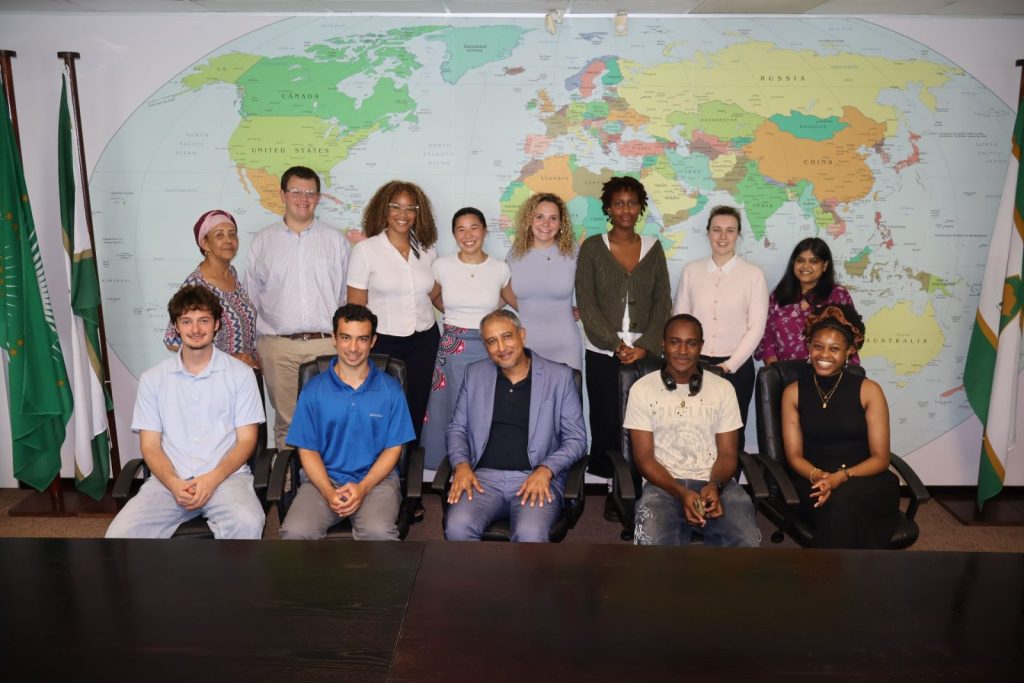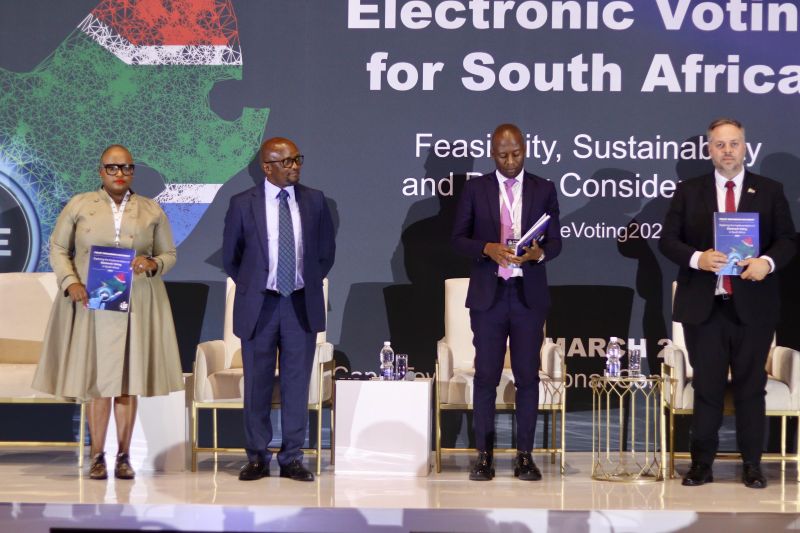To contribute towards the agenda of the AU Summit and influence the decision making process of member states, women’s rights and gender equality advocates have for a number of years held meetings prior to each summit. The meetings seek to ensure issues of women’s rights and gender equality are prioritised. The recent 26th AU summit held in late January 2016 was no exception.
ACCORD participated in the 27th Pre-Summit Consultative Meeting on Gender Mainstreaming in the African Union (AU), organised by the Gender is my Agenda Campaign (GIMAC), and the 8th AU Gender Ministers Pre-Summit on the 2016 African Year of Human Rights, with particular focus on the Rights of Women.
The (GIMAC) pre-summit consultative meeting was organised with the theme of ‘Looking towards 2020: Securing Women’s rights through Gender Equality and Silencing the Guns in Africa‘, and was held from 17-18 January, 2016 in Addis Ababa, Ethiopia. The Theme is in line with the African Union’s declaration of 2016 as the “African Year of Human Rights with Particular Focus on the Rights of Women”. The consultative meeting, which brought together civil society organizations (CSOs), African women in Diaspora and representatives of the AU, Regional Communities (RECs/RMs) and other international organisations, was followed by the Gender Ministers pre-summit held on 19-20 January 2016.
The GIMAC discussions highlighted achievements in adopting progressive frameworks and legal instruments by the AU and the RECs. However, it was also reiterated that the levels of ratification and domestication of instruments such as the Maputo Protocol on the Rights of Women, and African Court on Human and People’s Rights by member states are still low. Furthermore, the lack of national level indicators, data and monitoring mechanisms in those countries which have ratified has affected CSOs ability to track the progress and hold countries accountable.
The GIMAC session on women, peace and security (WPS) assessed the opportunities and challenges confronting women’s participation in line with the United Nations Security Council Resolution 1325 in the Democratic Republic of Congo (DRC), Central African Republic (CAR), South Sudan, and Nigeria. The session underlined persistent gaps in terms of women’s participation both at the peace table and in post-conflict reconstruction, specifically in the implementation of peace agreements in Africa.
The 27th GIMAC pre-consultation meeting resulted in the following recommendations towards the WPS agenda:
- Member states to support the Continental Results Framework of the AU Special Envoy on Women, Peace and Security to monitor the implementation of national and regional action plans and the 15-year global review on women, peace and security;
- The need for member states to implement Article 10 of the Protocol on Women’s Rights in Africa towards Silencing the Guns by 2020 by reducing military expenditure significantly in favour of spending on social development in general and the promotion of women’s rights in particular; and
- Troop contributing member states to prosecute peacekeepers suspected of sexual and gender-based violence.
Consequently, the Gender Ministers pre-summit reflected on the important milestones reached in the human rights agenda of the continent, specifically the 30th anniversary of the coming into force of the African Charter on Human and People’s rights in 1986 and the beginning of the second phase of the African Women’s Decade 2010-2020. The meeting recognised the achievement made by some member countries towards institutionalisation and implementation of the different protocols adopted by the AU, whilst admitting the precarious and vulnerable position women still find themselves in.
The Gender Ministers meeting reviewed the implementation of the AU Women, Gender and Development Directorate’s (WGDD) work in 2015; assessed the implementation of various commitments by member states and recommended strategies and partnership for accelerating implementation and monitoring of women, peace and security commitments.
These inclusive consultative processes between the AU, Gender Ministers, RECs, private sector, UN agencies and CSOs are playing a major role in strengthening partnerships and advocating a common goal on women human rights and gender equality.
Related Resources
- http://au.int/en/pressreleases/19569/closing-8th-african-union-gender-pre-summit-kids-hand-over-key-commission-open
- http://au.int/en/pressreleases/19562/8th-gender-pre-summit-auc-chairperson-nkosazana-dlamini-zuma-urged-women-be
- http://au.int/en/speeches/remarks-hh-mme-bineta-diop-special-envoy-women-peace-and-security-gender-pre-summit-8th

